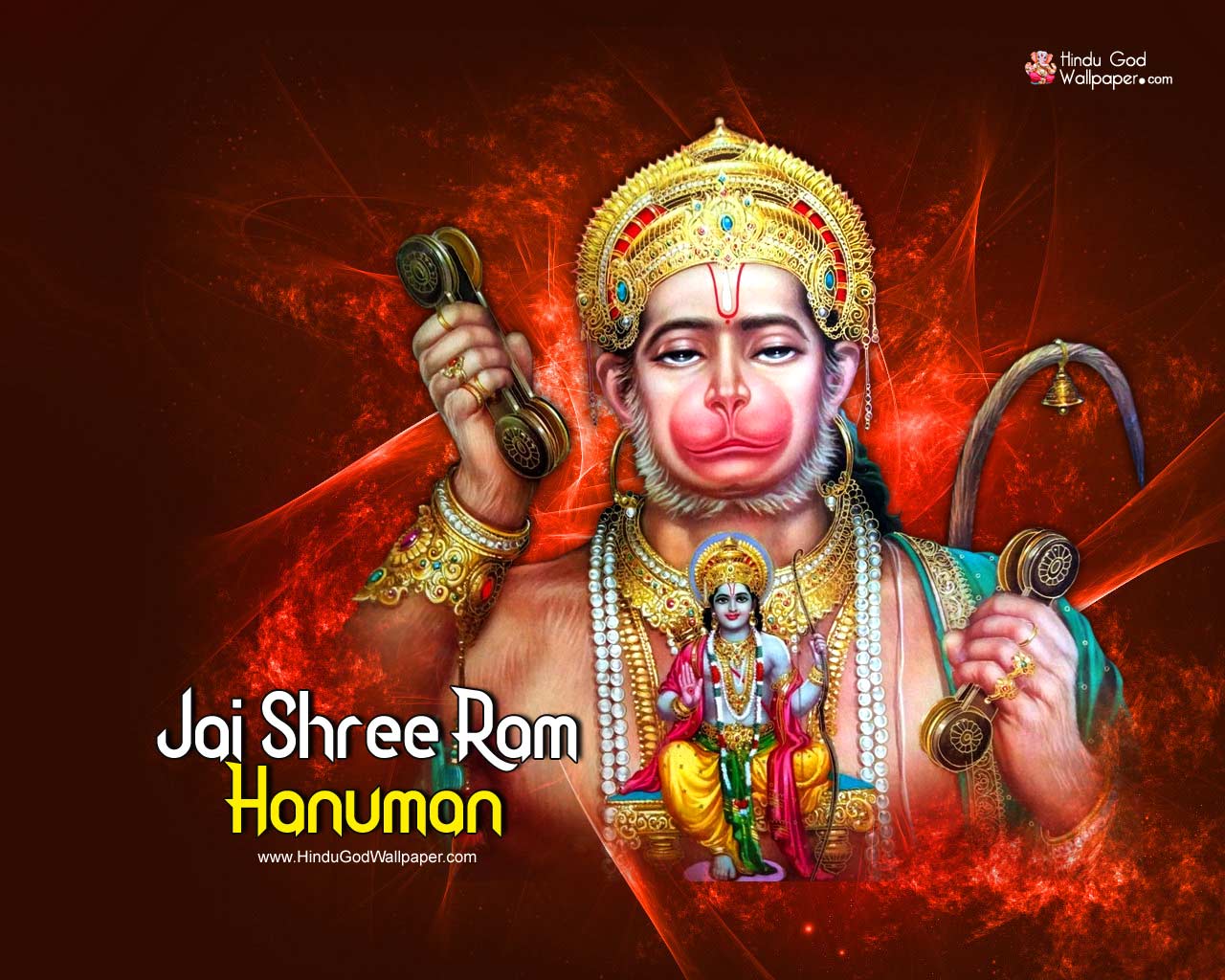In the rich tapestry of Indian culture and spirituality, the phrase "Jai Shree Ram" resonates deeply with millions. It is not just a chant; it represents devotion, faith, and the celebration of righteousness. The phrase translates to "Victory to Lord Ram," a revered figure in Hindu mythology, symbolizing the triumph of good over evil. For many, chanting "Jai Shree Ram" serves as a reminder of their beliefs and the moral values embodied by Lord Ram.
The significance of "Jai Shree Ram" can be traced back to the epic Ramayana, where Lord Ram is depicted as the ideal man – a perfect son, a devoted husband, and a just king. The popularity of this phrase has extended beyond religious contexts, permeating into cultural and political spheres in India. Its invocation often elicits a sense of unity among those who chant it, reinforcing collective identity and shared values.
As we delve deeper into the meaning and implications of "Jai Shree Ram," we will explore its historical roots, its cultural significance, and the various ways it is celebrated across India. This exploration not only sheds light on an important aspect of Hindu devotion but also invites us to reflect on the teachings of Lord Ram that continue to inspire generations.
What Is the Historical Significance of Jai Shree Ram?
The phrase "Jai Shree Ram" has its roots in ancient Hindu texts and traditions. It is primarily associated with the epic Ramayana, which narrates the life of Lord Ram, his virtues, and his battles against evil forces, especially the demon king Ravana. The story of Ram's quest to rescue his wife Sita is not just a tale of love but also a profound lesson in duty, sacrifice, and righteousness.
How Did Jai Shree Ram Become a Rallying Cry?
Over the years, "Jai Shree Ram" has transformed into a rallying cry for various movements, symbolizing a collective identity among Hindus. During the late 20th century, the phrase gained political traction, particularly in the context of the Ram Janmabhoomi movement, which aimed to reclaim the birthplace of Lord Ram in Ayodhya. This movement significantly influenced contemporary Indian politics and society, further embedding the phrase in the national consciousness.
What Are the Cultural Celebrations Associated with Jai Shree Ram?
"Jai Shree Ram" is often celebrated during festivals like Ram Navami, which marks the birth of Lord Ram. During this time, devotees engage in various rituals, prayers, and processions, chanting the phrase with fervor. The phrase is also common in religious discourses and gatherings, where it serves to inspire and uplift the spirits of the attendees.
Who Is Lord Ram? A Brief Biography
Lord Ram is a central figure in Hindu mythology and is revered as an incarnation of the god Vishnu. His life story, as narrated in the Ramayana, emphasizes the principles of dharma (righteousness) and the importance of ethical living.
| Detail | Information |
|---|---|
| Name | Ramachandra |
| Father | King Dasharatha |
| Mother | Queen Kausalya |
| Wife | Sita |
| Key Events | Exile, Battle with Ravana, Return to Ayodhya |
| Virtues | Dharma, Courage, Honor, Loyalty |
What Lessons Can We Learn from Lord Ram's Life?
The life of Lord Ram offers numerous lessons that transcend time and culture. His commitment to truth and justice, even in the face of adversity, serves as an inspiration for many. The concept of "dharma" – fulfilling one’s duty – is a central theme in his life, encouraging individuals to act ethically, even when it is challenging.
How Does Jai Shree Ram Unite People Across Cultures?
The phrase "Jai Shree Ram" acts as a unifying force among diverse groups within India and the global Indian diaspora. Regardless of regional languages or customs, the chant resonates with a common sense of belonging and shared heritage. It has been embraced by various communities, fostering a sense of brotherhood and collective identity.
What Are the Modern Interpretations of Jai Shree Ram?
In contemporary society, "Jai Shree Ram" has taken on various meanings and interpretations. For some, it remains a spiritual invocation, while for others, it symbolizes cultural pride and political identity. The phrase often sparks discussions about the role of religion in public life and the intersections of faith, culture, and politics in modern India.
Can Jai Shree Ram Be a Source of Peace?
As a phrase deeply rooted in the ideals of justice and righteousness, "Jai Shree Ram" has the potential to be a source of peace. When invoked in the spirit of unity and compassion, it can transcend religious and cultural boundaries, promoting harmony among diverse communities.
What Is the Future of Jai Shree Ram in Indian Society?
As India continues to evolve, the relevance of "Jai Shree Ram" is likely to persist. It will remain a significant part of religious expressions, cultural celebrations, and political discourse. The challenge lies in ensuring that its invocation fosters understanding and peace rather than division.
In conclusion, "Jai Shree Ram" is more than just a phrase; it encapsulates the essence of devotion, unity, and cultural identity within the Hindu community. Understanding its historical significance, cultural implications, and the teachings of Lord Ram can provide valuable insights into the heart of Indian spirituality. As we reflect on the teachings and values associated with "Jai Shree Ram," we are reminded of the timeless ideals of love, honor, and justice that continue to inspire humanity.
You Might Also Like
Discovering Colonial Wine And Spirits In ArkansasUnraveling The Mystery: Did Paris Have A Power Outage?
Unraveling The Legal Labyrinth: Harvey Weinstein Attorneys In Jackson
Unveiling The Rhythms Of Tony McCarroll: The Drummer Behind The Hits
Unleashing The Power Of Lethal Gaming Gear
Article Recommendations
- Tony Hinchcliffe Partner
- Chris Berman New Wife
- Zhao Lusi Relationships
- Ruby Reid Nude
- Chaz Adams Children
- Vegamovies 4k 1080p
- Kirstentoosweet Onlyfans Leaks
- Latest News On Gloria Copeland Health
- Vegascom
- Tony Hinchcliffe Parents


![[100+] Jai Shree Ram Hd Wallpapers](https://i2.wp.com/wallpapers.com/images/hd/jai-shree-ram-hd-waterfalls-jm9zi6s8lqnm8ppr.jpg)